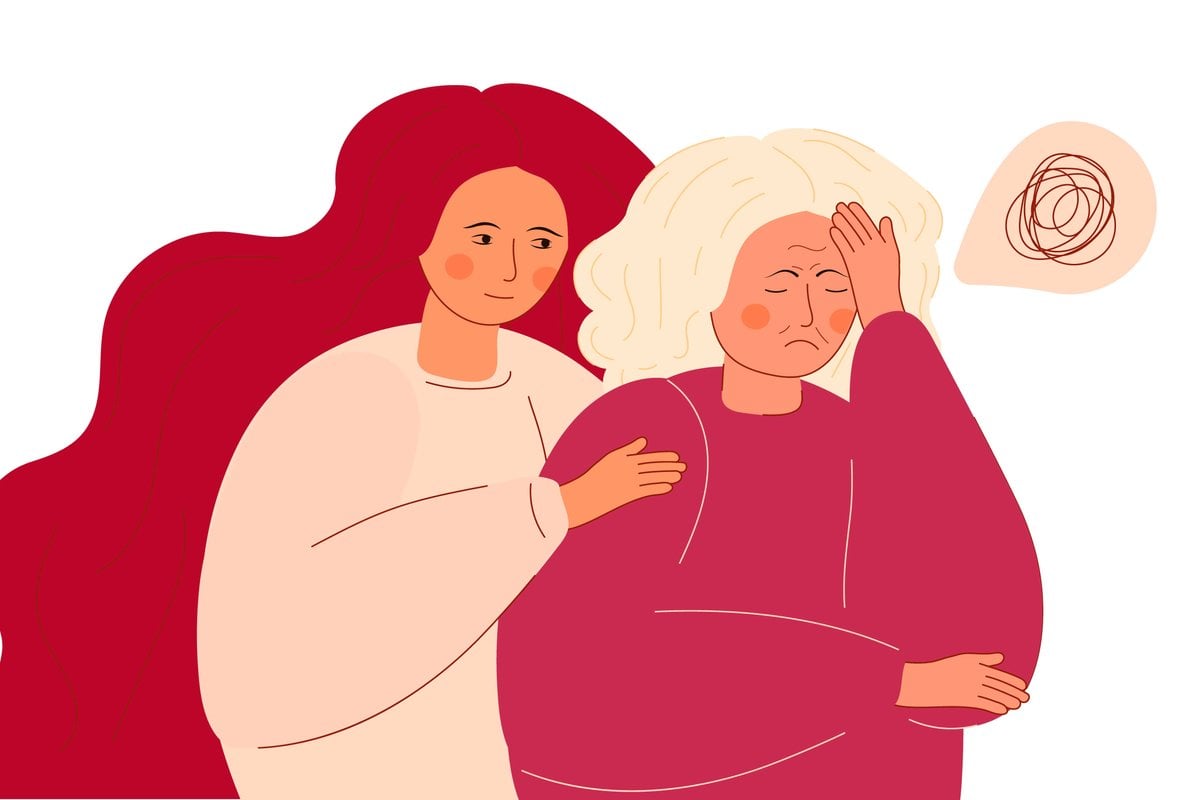
"Are you happy or are you the oldest sibling and also a girl?"
It's the viral Tweet that sparked a flurry of commentary across the Internet. In one single, simple statement thousands (if not millions) of older sisters around the world felt seen. From that moment on, a cohort of women were galvanised by an idea that being an older sister might just be the reason behind many of their behaviours, quirks or emotional challenges.
As TikToks popped up in response and experts weighed in, it was clear this idea had struck a chord with many citing 'Eldest Daughter Syndrome' as the best way to describe the phenomenon. Many people said they felt a responsibility to look after their younger siblings, constantly felt a need to be diligent and an overwhelming pressure to succeed. It looks like older sisters have a lot to unpack and they've finally found their platform to get it off their chest.
So, what is 'Eldest Daughter Syndrome'? Is it even a real thing?
We spoke to Doctor of Clinical Psychology Kimberly Stirling who agrees that there may be some broad patterns and behaviours commonly attached to an eldest daughter in the family dynamic.
"In some families there may be a dynamic where the older sister becomes an additional 'caregiver' or 'helper' alongside the parent," says Dr Stirling. "When this is the case, that sister may develop beliefs about her inflated responsibilities to others, and her sense of being loved and 'enough' may be tied to how 'helpful', 'unproblematic' or 'perfect' she can be. Alternatively, if most of the family focus is on younger siblings, she may learn to be hyper-independent from an early age."

